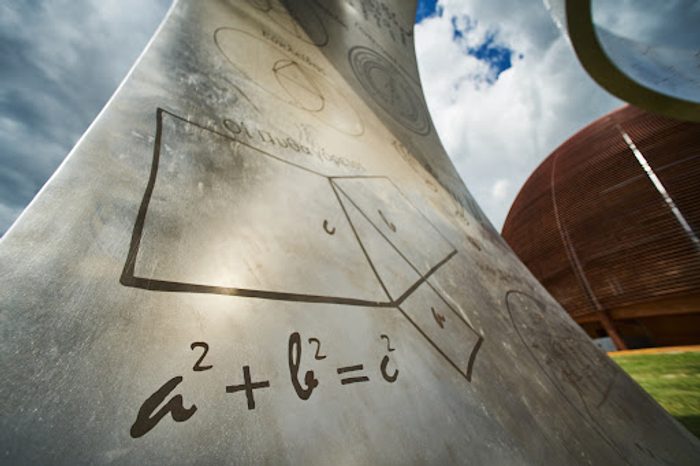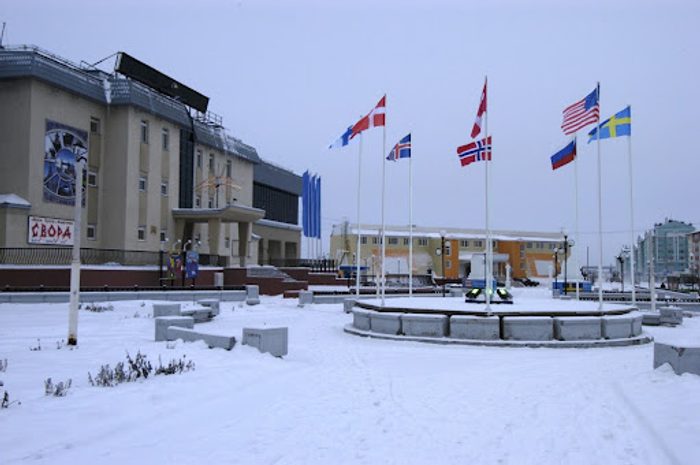Good morning, this is Kasmira and today we’re reporting on the growing wave of science sanctions against Russia after CERN, the European particle physics laboratory here based in Geneva, announced that it will be suspending Russia “until further notice”, over its invasion of Ukraine. Our friends at GESDA, below, further delve into how the war is impacting science and technology communities worldwide.
Plus, over at the Human Rights Council, Michelle Bachelet confirmed that she will be visiting China, and its Xinjiang region, in May – although what activists and other diplomats in Geneva urgently want to know is: where is her long-awaited report on alleged rights violations against the Uyghurs? |

A view of CERN’s Globe on the organisation’s campus in Geneva. (Credit: 2017-2022 CERN/ Ordan, Julien Marius)
|
|
Here's what else is happening
|
|
Science and diplomacy reads by GESDA
|
|

The Arctic Council in Salekhard, northern Russia. (Credit: Thomas Nilsen)
|
|
The ongoing war between Russia and Ukraine will have collateral damage on the scientific and technology communities.
From space collaborations to polar sciences, from crypto economics and other digital technologies to more geopolitical aspects, like food sovereignty, the scientific world that we used to know as being largely border-free and globally inclusive will be changing. Here is a collection of articles that show how.
- Olivier Dessibourg, GESDA
|

This selection is proposed by the Geneva Science and Diplomacy Anticipator
GESDA, working on
anticipating cutting-edge science and technological advances to develop innovative and inclusive
solutions for the
benefit of the planet and its inhabitants.
|
|
GS news is a new media project covering the world of international cooperation and development. Don’t hesitate to forward our newsletter!
Have a good day!
|

|
|
Avenue du Bouchet 2
1209 Genève
Suisse
|
|
|
| |










